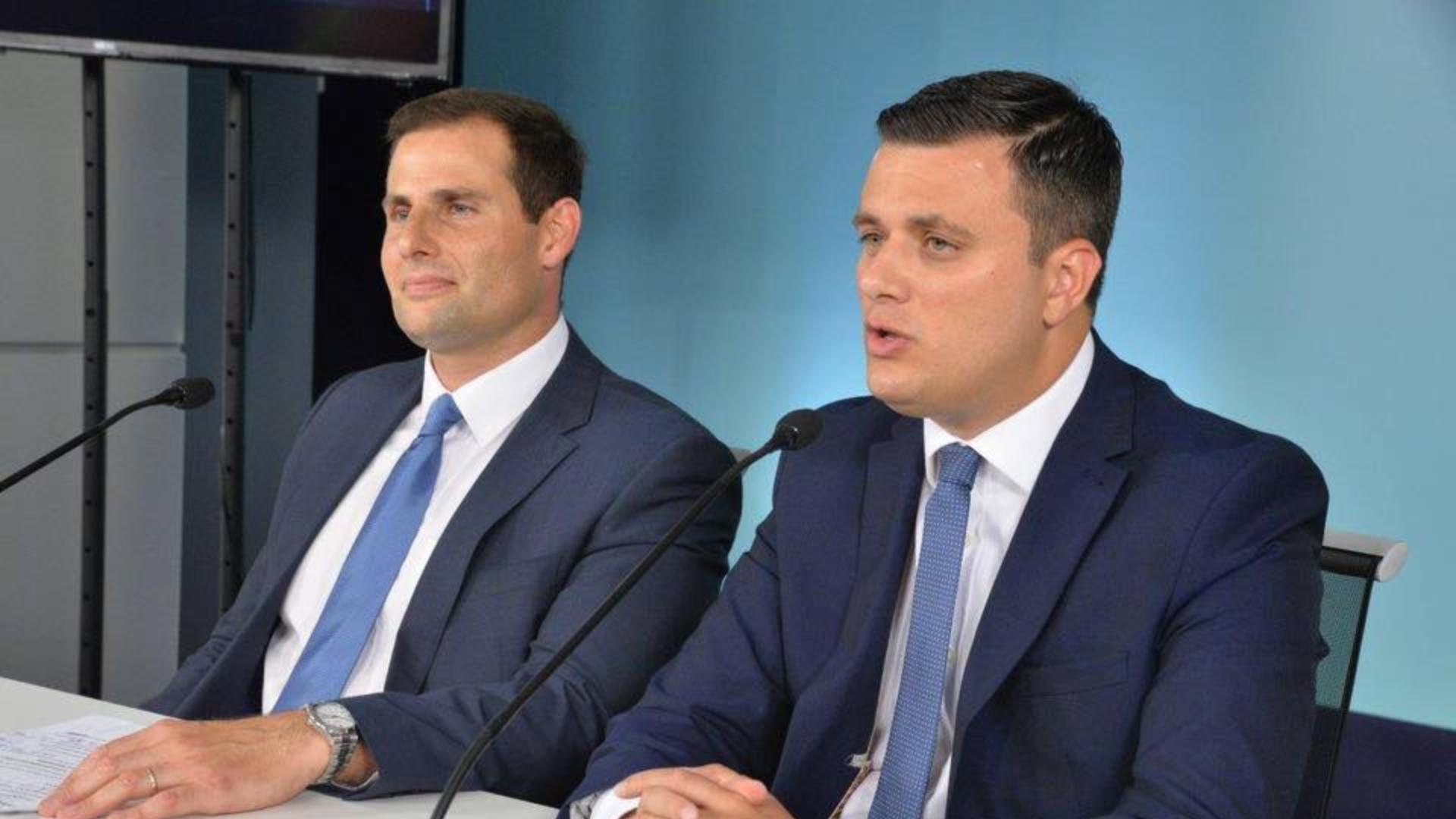At a hall in Pyongyang, the capital of North Korea, the choir’s voices swelled ever upwards. This was the 1980s, and civil servants of the Kim Il Sung regime were singing a Maltese favourite of the time: Ma tagħmlu xejn mal-Perit Mintoff, in a language they did not understand.
What those choir members were told they were singing is lost to history. Nevertheless, you can imagine it easily enough: here is a dyed in the wool socialist who fought off imperialism, as we have, and won. Here is the leader of the socialist party of Malta, an island at the southern border of the European continent. Here is the man who wrote to Kim Il Sung, his dear friend:
To you who founded the immortal Juche idea
and from the ashes of the past
built a strong new country
To you who achieved unity
and multiplied the wealth amongst the workers
through your untiring efforts
The Maltese Labour Party’s movement away from socialism began with Alfred Sant, and was concluded by current leader Joseph Muscat. Prime Minister Muscat and his circle have been vigilant here, policy-wise but also in terms of clearing out personnel (eg George Abela, dispatched in the leadership election and kicked upstairs, Marie Louise Coleiro-Preca, kicked upstairs, and Evarist Bartolo, who is bound to be kicked upstairs). Muscat’s raffling off of his party’s soul has been electorally successful; to a great extent, however, it also depends on the commodification of Labour’s past.
There are two ways to look at this. The first is to argue, using the weight of public policy evidence, that Labour’s conversion of its past into a brand is perverse. Selling Malta Labour Party flags for display at every mass meeting, deifying Il-Perit, and producing books, television shows and public statements on the virtues of mass socialism are all very profitable things for a party to do. But all of these things must (and do) smack head on into what the Labour Party in government is actually doing.
Privatising chunks of the environment to Jordanian construction conglomerates (and Maltese construction conglomerates) is not socialist. Selling off public hospitals to venture capitalists based in Caribbean tax havens is not socialist. Avoiding taxes through companies in tax havens; ignoring a rents crisis; perpetuating an economy built on corporate tax avoidance and tourism (reliant on imported cheap labour); subsidising an Azeri dictatorship through people’s taxes; these are not the activities of a socialist government. This is without, of course, even mentioning traditional racketeering. Using taxpayer money to buy the Labour Party votes through customer service representatives is not socialist either. It can be if applied to all indiscriminately, and not intended to win power at all costs.
These shenanigans are not socialist because they involve public money – and public money, of course, is used by governments for the common good, such as paying teachers, mental healthcare professionals and social workers decent wages. Every cent lost to kickbacks, vote-racketeering and the shady energy deals could have helped students, people suffering from mental health issues, and people in poverty.
At the same time, there is something entirely logical in Muscat’s clean switch from socialism to laissez-faire, crony capitalism. Ask many of the party’s older supporters how they feel about the indiscretions of the Prime Minister’s chief of staff Keith Schembri, and minister, Konrad Mizzi and the reaction will not be enthusiastic.
But then there’s the economy – the feeling that material prosperity justifies all else. And for people who know what hardship and poverty are, materialism does triumph over everything. Clean politics, principles and idealism are well and good, but you cannot eat them. This perspective, whilst amoral, is not something which develops because you’re a bad person. It’s something which comes from living a hard life, having nothing, and taking everything you can get to survive.
The amoral model is easy to transpose to young people. The world we’ve grown up in is dictated, to a great extent, by the market. Success in this world is still tied to the situation you’re born into, but now it also means “selling yourself”: bundling your individuality into a package of values, aesthetics and experiences. Labour’s commodified faux-socialism (bolstered by its liberalism on social issues) promises the best of both worlds to voters and aspiring politicians.
According to the Keith Schembri doctrine, Labour is a pro-business party which will help you get the best price for yourself in the free market. Here, at the same time, is a party which pretends still that it’s a worker’s movement.
Much of Labour’s shift to the right can in fact be attributed to market forces. It is a testament to the incredible adaptability of capitalism that a government privatising everything under the sun – hospitals, public land, public heritage – can pretend to be social democrat whilst keeping a straight face. But a lot of it, worryingly, goes way beyond the change necessary to survive in the world.
The Labour Party in government brings to mind a twist on Jeremy Corbyn’s slogan – it has been made into a government for the few, and the money. It has become a vehicle for the Keith Schembri faction, made up of a subset of wealthy donors and beneficiaries of top-level corruption, the party’s dependents (members of boards, persons of trust, communications consultants, and individuals who sold their vote) and a vehicle to make as much money as possible for the in-group. This money is stolen from every conscientious Maltese citizen: every person who sends off part of their wage each month to the public purse.
The soul of the former-workers’ movement needs saving. It won’t be saved by the Miriam Dallis, Chris Fearnes and Robert Abelas of this world – they have too much to lose. Expect little from the party’s old grandees, bound as they are by tribalism. If Labour is to become a worker’s party again, it needs genuine individuals who will put their self-interest on the line to ask for something better. And young people have a lot to give in this regard.













